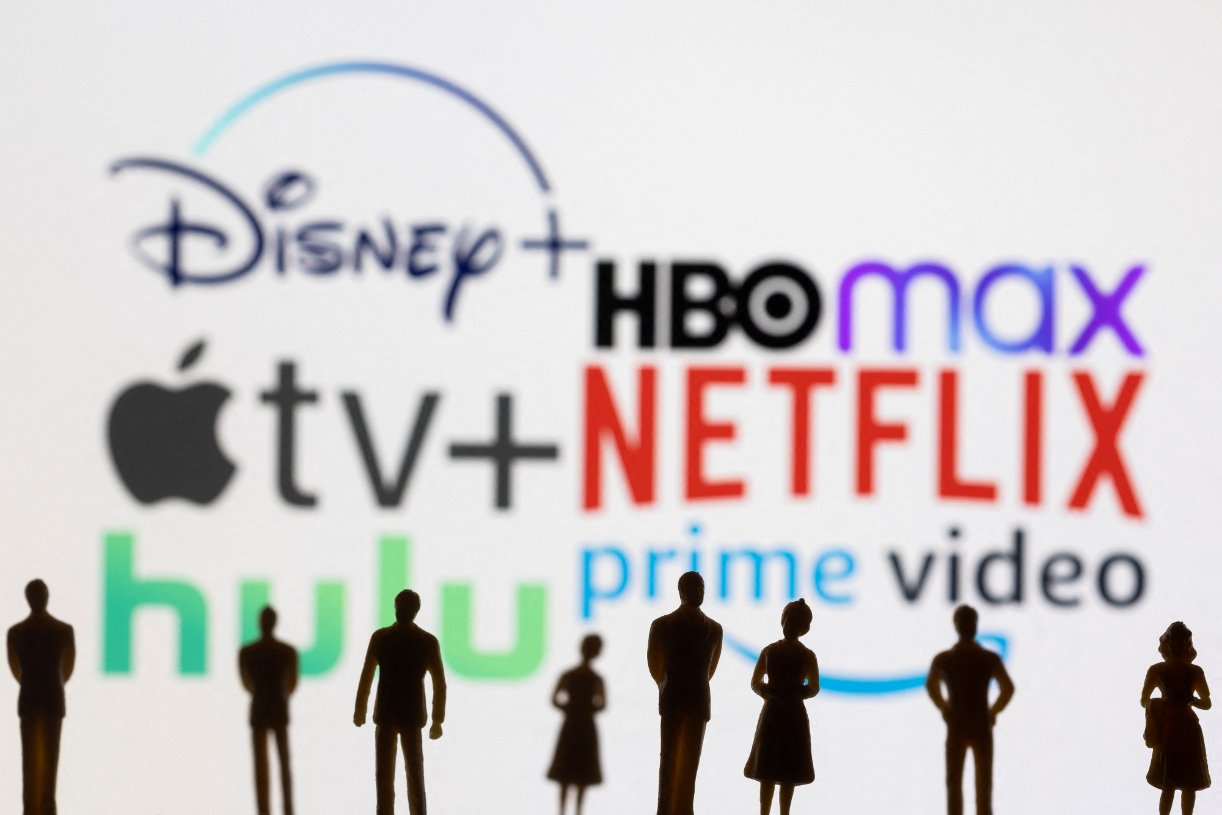From watching everyone's presentations, I've learned a lot about awareness, the media sphere, theories, and policy.
One presentation that stood out to me was on the echo chamber.
In this presentation, I learned that an echo chamber is an environment where a person only receives information or opinions that reflect their own.
Sometimes you’re in an echo chamber without even realizing you are in an echo chamber. This is because people are constantly using their phones and phones are constantly analyzing their user's activity to market things to that user that it believes they're interested in.
Your phone is only rooting stories toward you that it thinks you want to see, and not necessarily the latest news that pertains to other important issues. Some people say this is convenient because it gives you the information you want, but you can be missing other important news. Therefore, it’s important to diversify our news.
Some of the pros of echo chambers are that you get some information on a topic and it boosts people’s confidence. However, some of the cons are that it can cause misinformation, limit people’s problem-solving, and people can stop thinking for themselves.
People start to depend on echo chambers and they don’t seek out other information, causing them to limit themselves in terms of news. People also stop thinking outside the box in terms of other people’s opinions and become very closed-minded.
Something else that stood out to me in this presentation is that it seemed very closely related to my presentation on confirmation bias. Confirmation bias, similar to echo chambers, causes people to be limited by their own views and opinions and keeps them from branching out and seeking new information that opposes their preconceived views. This was an interesting connection to me and it made me realize how interconnected all of these concepts are.
Another presentation that stood out to me was chord cutting.



No comments:
Post a Comment